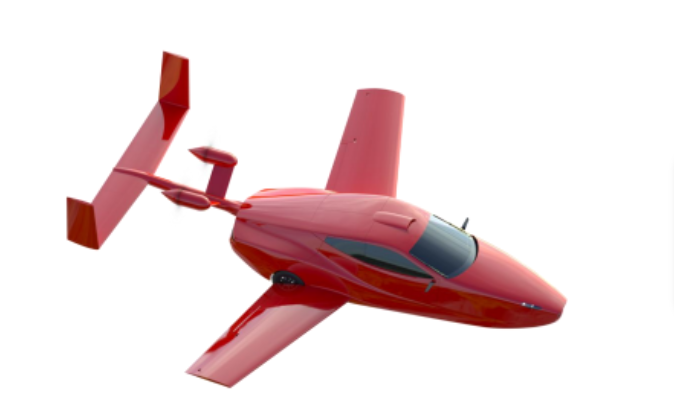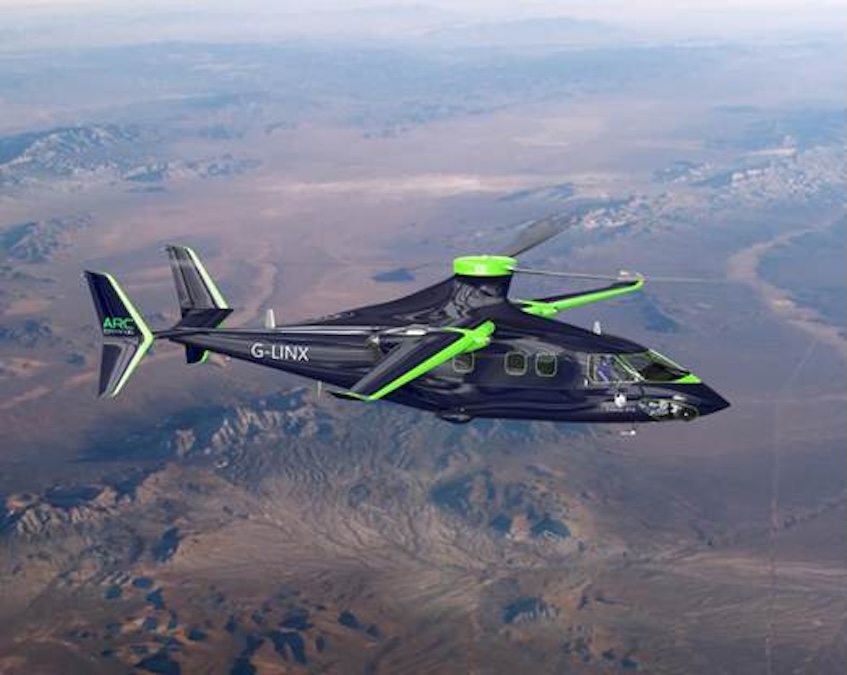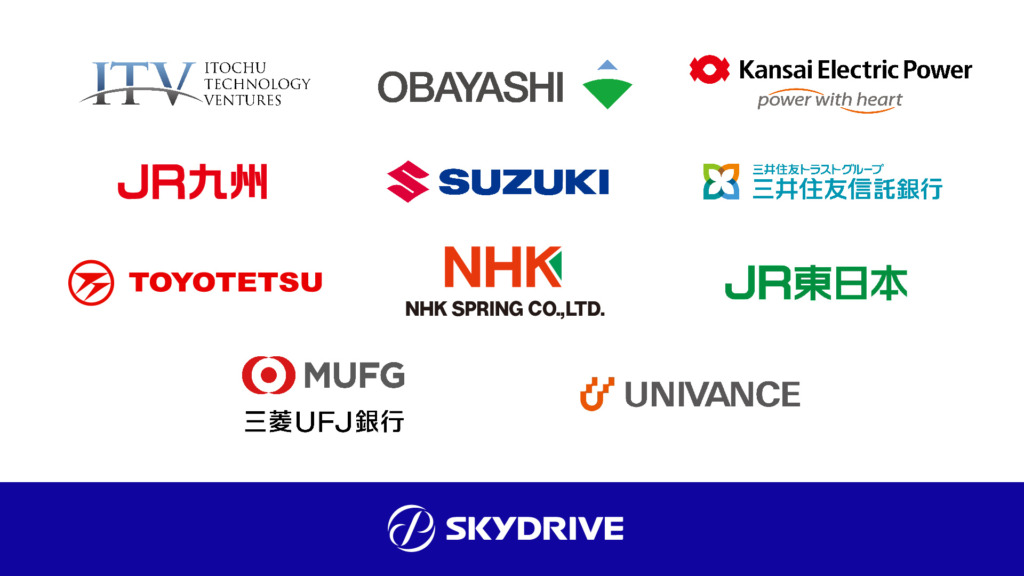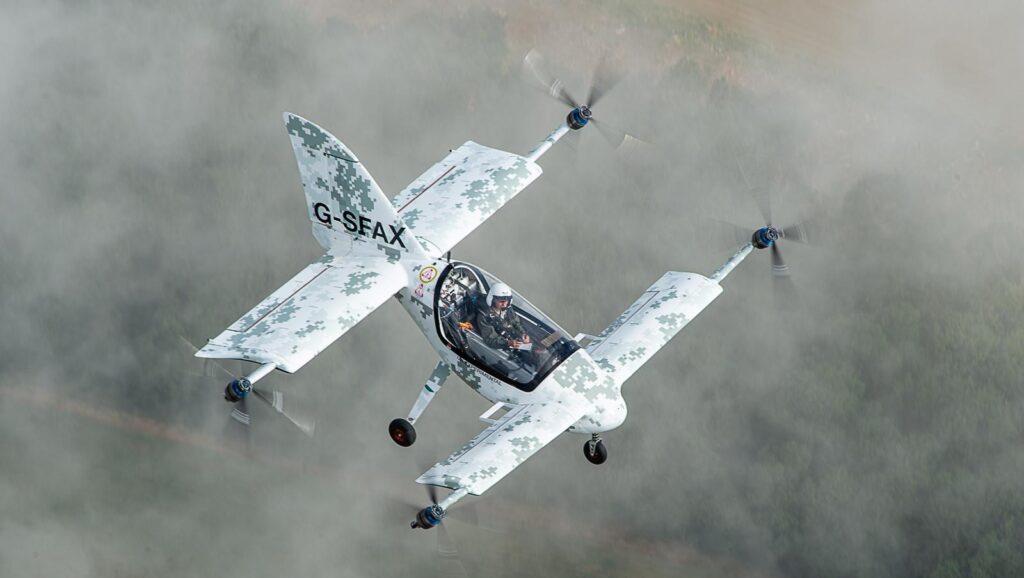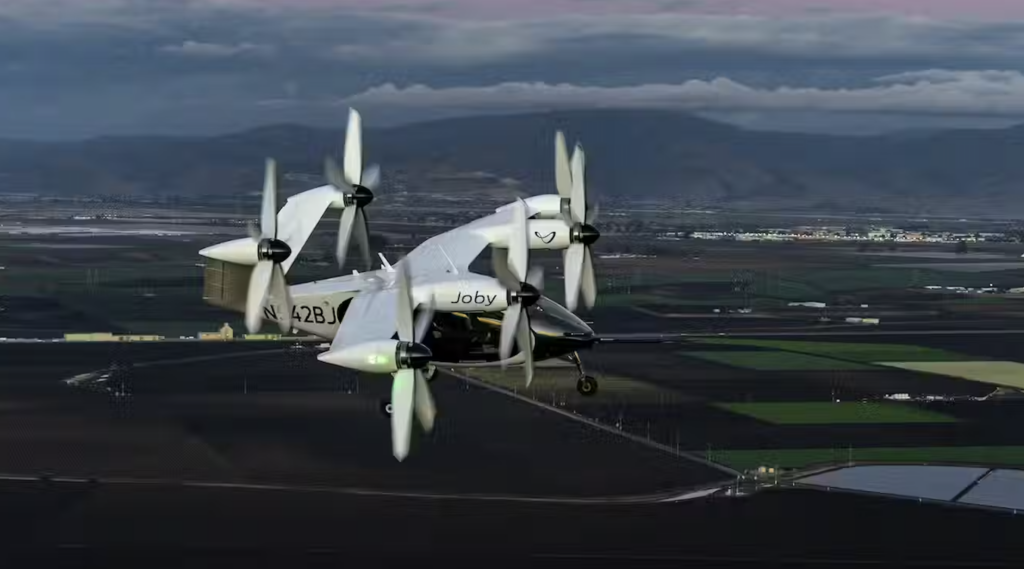
The Federal Aviation Administration (FAA) has accepted Joby Aviation’s certification plan for its propulsion system, marking a critical step towards receiving type certification for the company’s aircraft.
The propulsion system, designed by Joby, is central to the performance of the Joby aircraft. The accepted certification plan includes Joby’s electric propulsion unit, propeller system, variable pitch actuation, coolant pump, nacelles, and associated electrical wiring, clearly defining the route to certifying these systems for use in commercial passenger operations.
“We now have an approved path across our certification program for all of the structural, mechanical, and electrical systems of our aircraft. This sets the stage for our team to execute against that path with a well-defined approach to for-credit testing and analysis as we continue to lead the industry towards certifying an electric air taxi with the FAA,” said Didier Papadopoulos, President of Aircraft OEM at Joby. “I’m grateful to the incredible Joby team as well as the dedicated personnel at the FAA who continue to work hard to bring safety and innovation together, keeping the United States at the forefront of new aviation technology and capabilities.”
The FAA type certification process is a rigorous review of the design, manufacturing, and performance of a novel aircraft type, requiring the applicant company to demonstrate that every aspect of its aircraft meets applicable safety regulations.
With all but one certification plan accepted and the final document currently under FAA review, Joby is nearing completion of the third of five phases of the type certification process and has shifted its focus to the fourth stage, comprising detailed testing and analysis across the aircraft’s components and systems.




